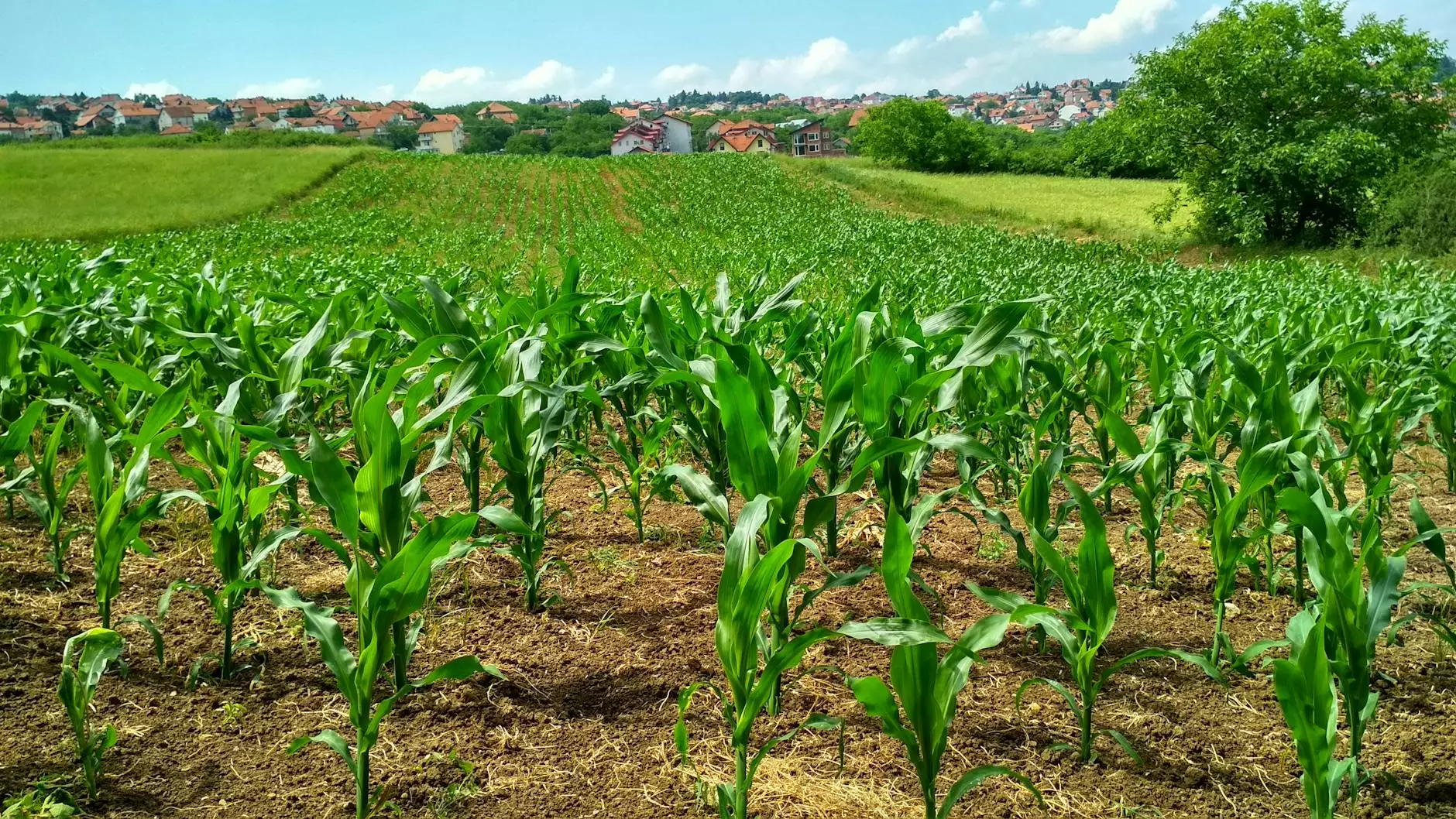Grain Management: Enhancing Efficiency and Productivity in Farming

Grain management is an essential component of modern agriculture, focusing on the effective handling, storage, and utilization of grains to maximize yield and profitability. As farmers face various challenges, including market fluctuations, climate change, and evolving consumer demands, effective grain management strategies become vital for sustaining a successful farming business. In this comprehensive article, we will explore the intricacies of grain management and the importance of investing in the right farm equipment repair and farming equipment.
Understanding Grain Management
Grain management encompasses a wide range of practices aimed at ensuring that grains are cultivated, harvested, stored, and sold effectively. This involves several key processes, including:
- Planning and Forecasting: Estimating crop yields and understanding market trends.
- Harvesting Techniques: Utilizing advanced harvesting equipment to minimize losses.
- Storage Solutions: Implementing appropriate storage methods to preserve grain quality.
- Marketing and Sales: Developing strategies to sell grains efficiently to maximize profits.
The Importance of Effective Grain Management
With the agricultural industry facing increasing pressure to produce more food sustainably, effective grain management has never been more crucial. Here are several reasons why:
1. Maximizing Yield
Grain management allows farmers to maximize their yields by using precision agriculture techniques. By analyzing soil health, moisture levels, and crop conditions, farmers can make informed decisions that lead to better crop outcomes.
2. Reducing Waste
Implementing proper grain management techniques allows for minimizing waste during the harvesting and storage processes. This includes using technology to monitor conditions that could lead to spoilage or pest infestations.
3. Enhancing Profitability
A strategic approach to grain management ensures that farmers can respond quickly to market demands and shifts in consumer preferences, leading to improved profitability. This includes timing the sale of grains to align with market peaks, ensuring that the business thrives.
Key Components of Grain Management
Successful grain management is built upon several key components. Let’s delve deeper into each of these.
1. Advanced Harvesting Equipment
The selection of appropriate farming equipment is critical in the grain management process. Advanced equipment enhances harvesting efficiency, reduces downtime, and ultimately leads to higher-quality grains. Consider the following:
- Combines: Modern combines equipped with GPS and automation can significantly reduce the time required for harvesting.
- Grain Carts: These are essential for efficient transportation of harvested grains from the field to storage facilities.
- Augers and Conveyors: Used for moving grain between various storage and processing points, these tools enhance operational efficiency.
2. Optimized Storage Practices
Proper grain storage is crucial to maintain quality and prevent deterioration. Consider employing the following storage practices:
- Aeration Systems: These systems help maintain optimal moisture levels, reducing the risk of spoilage.
- Pest Management Protocols: Regular pest control measurements are necessary to protect grain during storage.
- Monitoring Technology: Utilizing temperature and humidity sensors ensures grains are stored in ideal conditions.
3. Efficient Logistics
In grain management, logistics plays a vital role. This involves planning how grains will be transported from the farm to market. Key considerations include:
- Transport Vehicles: Selecting appropriate vehicles for transporting large quantities of grain safely and efficiently.
- Scheduling: Proper timing and scheduling of shipments to align with market demand.
- Partnerships: Establishing strong relationships with distributors to ensure a smooth supply chain.
Technology's Role in Grain Management
As technology continues to evolve, its role in grain management has become increasingly significant. Here are some technological advancements aiding in optimization:
1. Software Solutions
Various software platforms now exist that help farmers with everything from crop planning to financial management. Software tools may offer:
- Yield Mapping: Provides insight into field performance and helps in making informed planting decisions.
- Market Analysis Tools: Analyzes market trends to inform selling strategies.
- Inventory Management: Tracks grain inventory levels and sales.
2. Drones and Satellite Imagery
Drones and satellite imaging provide detailed views of crop health and field conditions, allowing farmers to make proactive management decisions.
3. IoT Devices
Internet of Things (IoT) devices can be integrated into storage facilities to monitor conditions and alert farmers to any issues in real-time.
Investment in Farm Equipment Repair
Maintaining and repairing farming equipment is crucial for effective grain management. Regular maintenance prevents unexpected breakdowns that could disrupt harvesting and storage processes. Key considerations include:
1. Routine Inspections
Regular inspections allow for early detection of potential issues, helping to extend the lifespan of the equipment.
2. Skilled Repairs
Investing in skilled technicians for repairs ensures that equipment is serviced correctly, minimizing the risk of future problems.
3. Parts Replacement
Keeping spare parts on hand decreases downtime during the harvesting season when every hour counts.
Long-term Sustainability in Grain Management
The future of successful grain management lies in sustainability. Sustainable practices not only benefit the environment but also contribute to profitability. Consider these sustainable practices:
- Crop Rotation: Rotating different crops helps maintain soil health and reduces pest infestations.
- Conservation Tillage: Reduces soil erosion and conserves moisture in the soil.
- Organic Practices: Adopting organic farming methods can lead to premium pricing on grains.
Conclusion
In conclusion, effective grain management is critical for modern farming success. By investing in advanced farming equipment, utilizing technology, and maintaining sustainability practices, farmers can significantly enhance their productivity and profitability. It is not merely about the volume of grain produced but also about the quality, efficiency, and strategic market positioning. For farmers looking to thrive in a competitive landscape, embracing robust grain management practices is essential.
At tsgcinc.com, we are committed to providing the necessary resources and support for farmers in the domains of farm equipment repair and farming equipment. Together, we can foster innovation and growth within the agricultural sector, ensuring that our farming communities thrive for generations to come.









